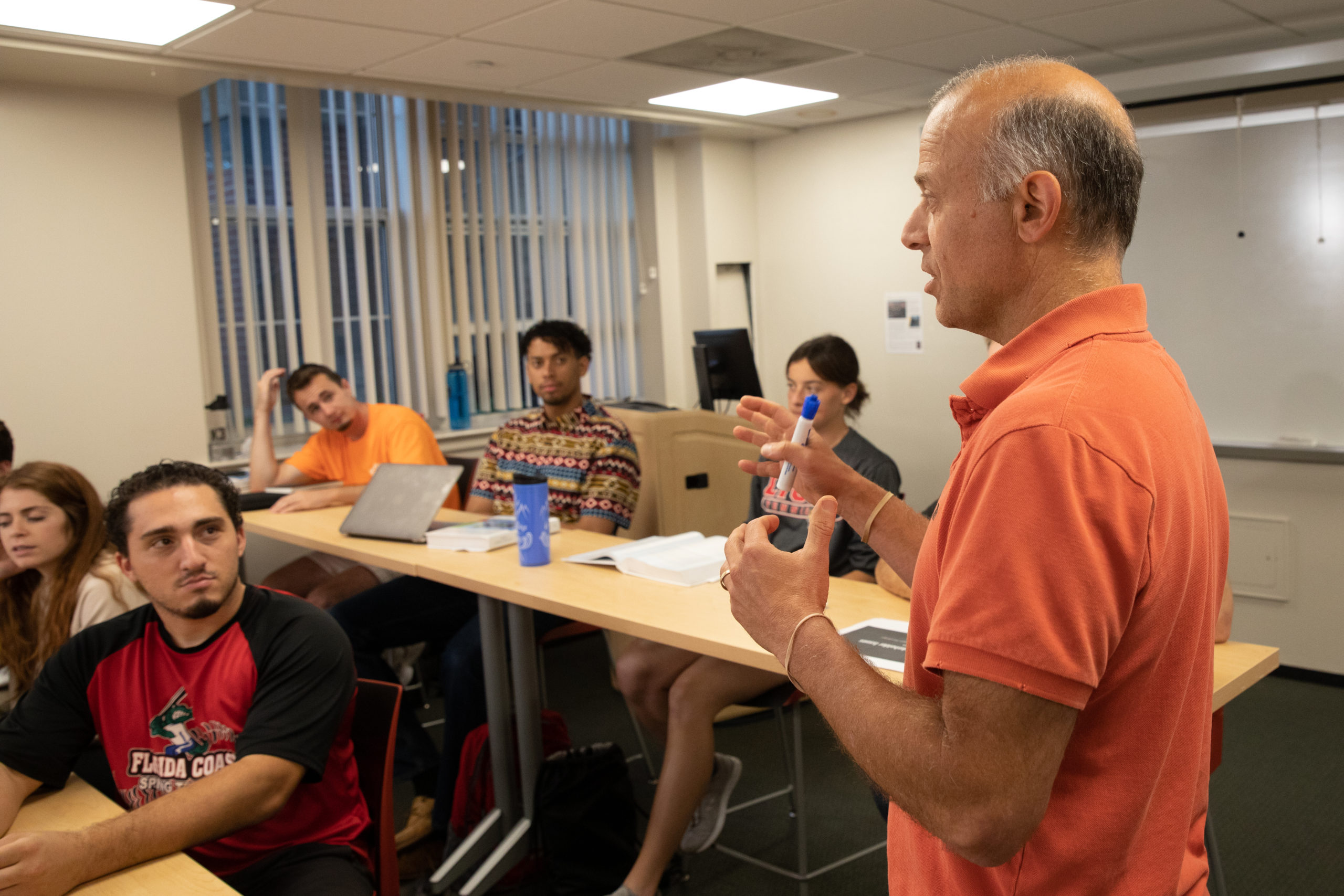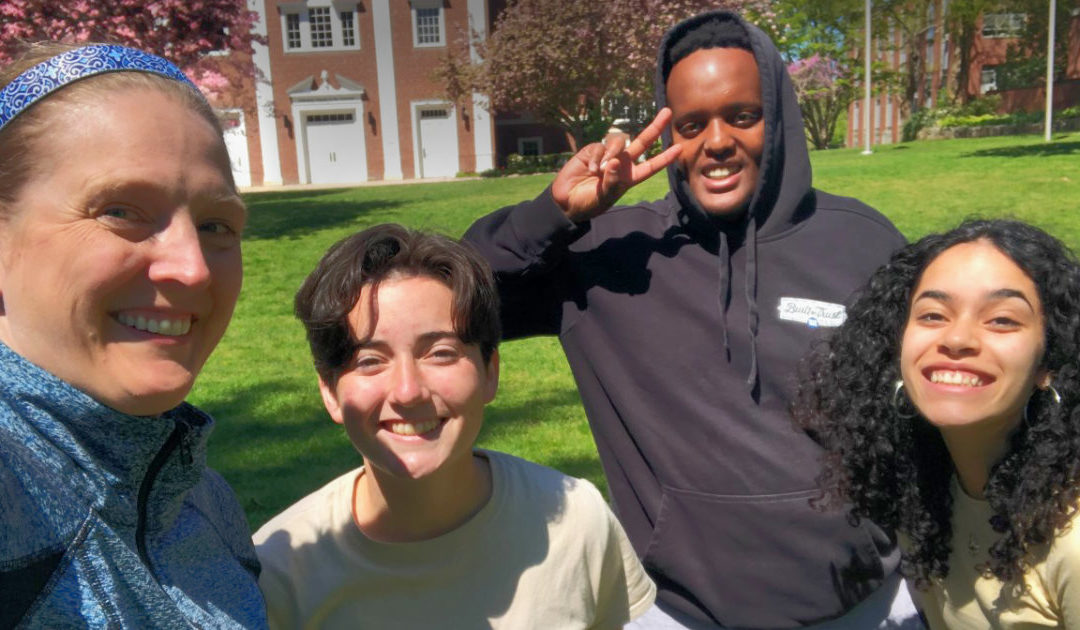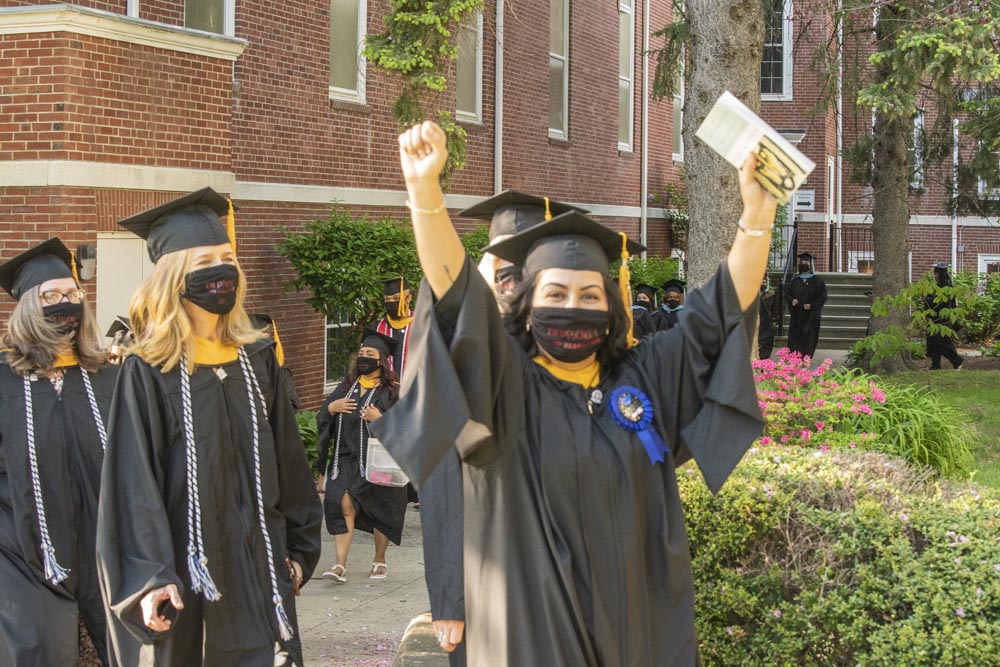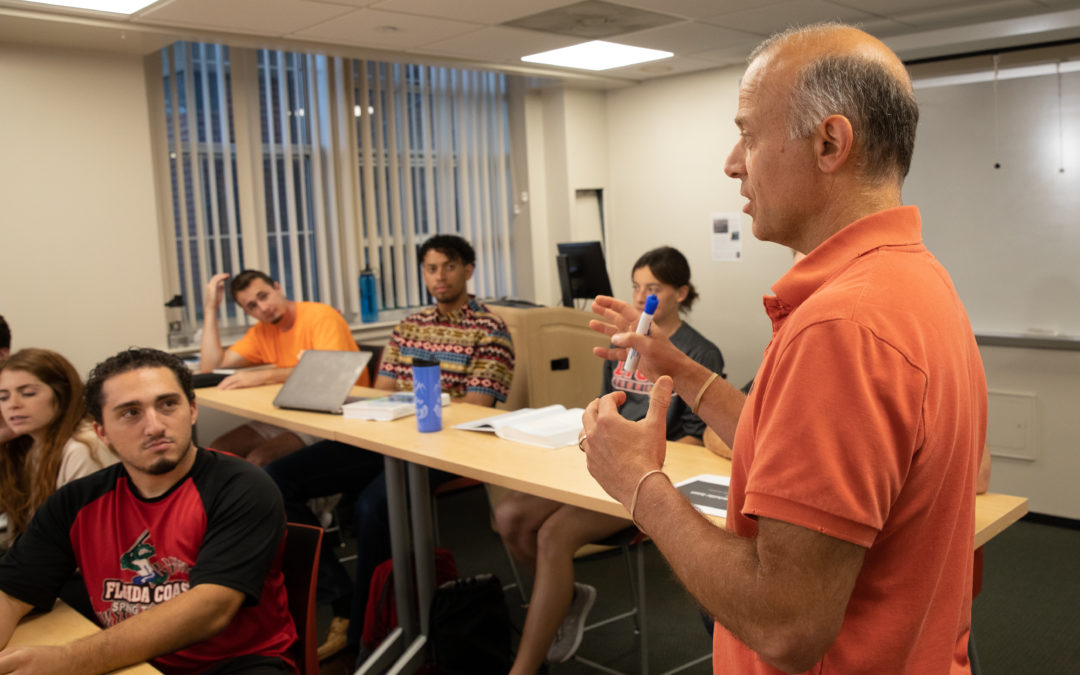Password Protected
To view this protected post, enter the password below:

Making the decision to go back to school isn’t easy. Whether you’re after a graduate degree or entering an undergraduate program as an adult learner, there’s a lot to consider.
On the one hand, you know it’s going to be worth it!
Whatever your reasons, that vision you have for your life is what makes the prospect of going back to school an exciting one.
But it also feels sometimes like there are too many obstacles in your way.
Thankfully, there are ways to overcome these obstacles.
Whatever is getting in the way of reaching your life goals with an undergrad or graduate degree, taking these steps will help you break through.
A really empowering first step is to seek out some form of career counseling. The idea is to seek out the advice of a counselor or mentor who can help you think through your goals.
This can take any form that works best for you, ranging from formal to informal.
This involves making appointments with a counselor in a private practice or at a career center.
If you can afford it, a private practice experience may provide a more in-depth look into your gifts and needs. However, many publicly-funded career centers offer many services at no cost to you.
You may not find it necessary to speak with a career counselor, but it’s a good idea to speak with someone outside your group of friends and family to help give you perspective.
Is there someone in your life who has mentored you in the past? Maybe a teacher or professor you were close with the last time you were in school, a former employer or community leader who knows you personally. Reach out and ask them for advice and encouragement.
Whomever you talk to, you’ll likely find yourself far more determined to pursue your undergrad or graduate degree once you receive some thoughtful encouragement.
If encouragement about how going back to school makes sense doesn’t do enough to motivate you, you may still have some fear holding you back.
You may wonder, “Maybe I can do this, but should I?”
Many find reassurance in seeking guidance through prayer and biblical studies. But sometimes, when you’re facing a major life decision, it helps to reach out to a spiritual counselor or pastor.
This person can help you explore your sense of God’s calling on your life. Apart from what completing a bachelor’s degree or getting a graduate degree would do for you, how might they use your education to bless others?
As you’re looking at degree completion or graduate degree programs, consider asking graduates about their experience. This is a great way to learn about what you’re getting into.
You might use LinkedIn or other social media sites to find graduates. Or, the school’s office of alumni relations might be able to connect you.
Meet via video chat or offer to buy them a coffee, and ask them questions like:
You might also ask them questions that are specific to the school. For example, graduates of ENC’s Adult and Graduate Studies programs can tell you about the cohort model, which puts adult learners in similar life situations together for the duration of the program.
“As an adult, going back to school can seem scary at first – particularly for those who have been out of school for a while. However, the cohort model allows students to take classes with similarly situated students and develop a support system to make the transition effortless.” – Jasmine Wells, enrollment advisor for ENC’s Adult and Graduate Studies (AGS)
Next, you’ll want to address the financial barrier to going back to school. With a little research, you may find there is more help available for working adults than you think.
A few resources you might explore include:
Here in Massachusetts, you may also want to explore forms of financial aid provided directly through the state.
You don’t have to conduct this research alone. At schools like ENC, enrollment specialists with the Division of Adult and Graduate Studies will help you find resources and make a plan that works for you.
Some resources are available to certain individuals, such as aid and support for active members and veterans of the U.S. Armed Forces. An enrollment advisor can help you explore whatever programs you’re eligible for.
Finally, explore graduate, undergrad or degree completion programs that are designed specifically for adult learners with needs like yours.
Flexibility is key. Programs designed around a traditional undergraduate model that caters to young people living on campus and attending classes full time probably won’t work for you.
Instead, look for:
You may also want to reach out to an enrollment advisor to discuss the school’s philosophy around work/life balance. It will help to talk through your concerns about keeping up with your job and other responsibilities before enrolling in your program of choice.
Eastern Nazarene College offers programs designed around your needs as an adult learner in business, education and marriage and family therapy.
We offer these programs at our main campus in Quincy, MA (outside Boston), or at three satellite locations in Boston, Fall River, and Brockton. Many programs are offered fully online.
Other associate- or bachelor-level programs in general business, management, business administration, early education and Christian ministry are also offered in a flexible, working adult-friendly format.
ENC’s commitment to providing programs that fit into your life is driven by our mission. Our goal is to provide a transformational education that equips you to lead and serve our world as agents of Christ’s love and truth.
And we can’t do it without the flexibility to make it work for you.
Come ENCounter a Christian environment here to serve you as you pursue your career and calling, committed to supporting you every step of the way. Talk to us about Adult and Graduate Studies at Eastern Nazarene College today!

ENC is going to Spain! On May 11, Dr. Julene Tegerstrand, four ENC Intercultural Studies students, and four ENC alumni will be traveling to Spain to walk the 500-mile Christian Pilgrimage known as the Camino de Santiago (Way of St. James). The Camino de Santiago, more...

Do you want to build on your skills in your off-hours? Going back to school may seem daunting for adult learners, but there are great options for continuing your education while working full-time. Here's how to fit school back into your schedule. 1. Do your research...

Small colleges have advantages over large universities. For students in STEM, these benefits cannot be matched. 1. Faculty and Student Relationships Small colleges offer smaller class sizes, meaning you won't be just another face in a lecture hall. Students form...

College is a time of exponential growth and development. While you explore your personal talents and build professional skills, it's important to remain focused on your goals and plan your future career. The resources and opportunities for professional development...